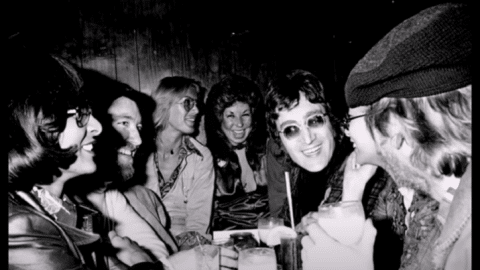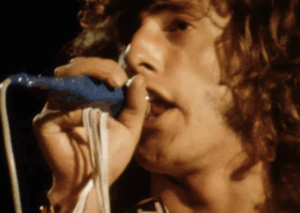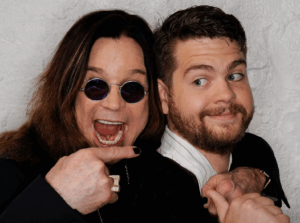3 Beatles Songs That Got Banned In The US

via Elena the Beatles photos/YouTube
When John Lennon released “Cold Turkey” in 1969, its raw depiction of heroin withdrawal and distorted screams scared off radio stations. Decades later, The Beatles themselves faced bans for entirely different reasons. Following the tragic events of September 11, 2001, radio giant Clear Channel (now iHeartMedia) advised over 1,100 stations to avoid playing a list of more than 160 songs deemed “lyrically questionable” or potentially insensitive. Among them were four tracks by The Beatles, a band no stranger to controversy or censorship.
Here’s a closer look at three Beatles songs that were temporarily pulled from American airwaves after 9/11 and the reasons behind their bans.
“Ticket to Ride”
Originally released on Help! in 1965, “Ticket to Ride” became an international chart-topper, even earning a No. 1 spot on the Billboard Hot 100. Its success was undeniable, with The Carpenters later covering it in 1969 to notable acclaim. But after 9/11, the song found itself on Clear Channel’s no-play list.
Why? Likely due to lyrics like: “I think I’m gonna be sad / I think it’s today … She’s got a ticket to ride / And she don’t care.”
While the lines reflect heartbreak rather than tragedy, they may have been interpreted as insensitive in the context of the attacks. Despite this, “Ticket to Ride” remains one of The Beatles’ most iconic tracks.
“A Day in the Life”
The haunting closer of Sgt. Pepper’s Lonely Hearts Club Band faced scrutiny twice: first by the BBC in the late ’60s and then in the wake of 9/11. The song’s grim verse about a car crash—
“He blew his mind out in a car / He didn’t notice that the lights had changed…”
—likely contributed to its post-9/11 ban due to its tragic tone.
Years earlier, the BBC banned it for the lyric: “I’d love to turn you on,” believing it promoted drug use. Paul McCartney acknowledged the ambiguity, saying, “Our stuff is always very ambiguous, and ‘turn you on’ can be sexual, so c’mon.” Lennon, ever witty, quipped: “Why don’t they charge the Electricity Board with spreading drugs? To get electricity, you have to ‘switch on.’”
“Lucy in the Sky With Diamonds”
First banned in the UK in 1967 for its alleged drug references, “Lucy in the Sky With Diamonds” was targeted again after 9/11. While the exact reasons remain unclear, its dreamy lyrics—like “cellophane flowers” and imagery of being “in the sky”—may have been seen as inappropriate in a time of national mourning.
Despite these assumptions, Lennon maintained the song wasn’t about drugs. He explained its origin on The Dick Cavett Show in 1971:
“My son came home with a drawing and showed me this strange-looking woman flying around. I said, ‘What is it?’ and he said, ‘It’s Lucy in the sky with diamonds.’ And I thought, ‘That’s beautiful.’”
He added:
“The song had gone out, the whole album had been published, and somebody noticed that the letters spelled out LSD. I had no idea about it. It wasn’t about [LSD] at all.”
The Legacy of Banned Tracks
Whether it was due to misunderstood lyrics, cultural sensitivities, or pure speculation, The Beatles’ music has had its share of run-ins with censorship. Yet, these controversies never diminished their legacy. In the end, The Beatles remind us that music, no matter the era, can stir powerful emotions—sometimes too powerful for the times.















